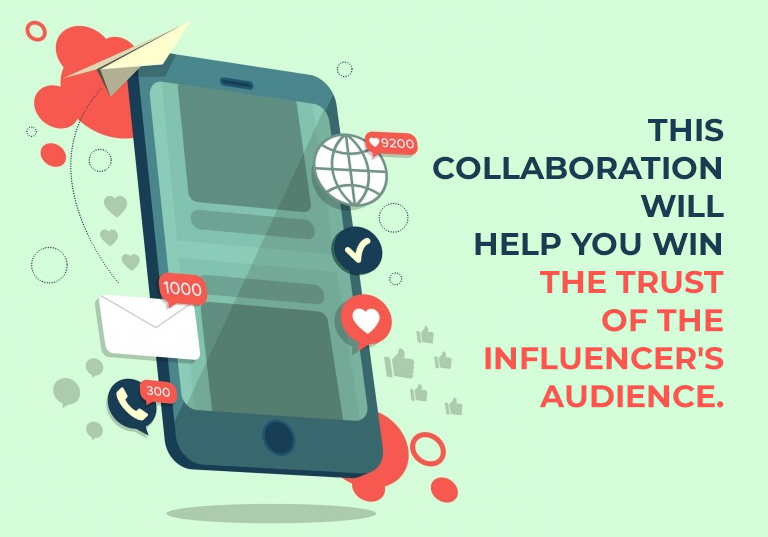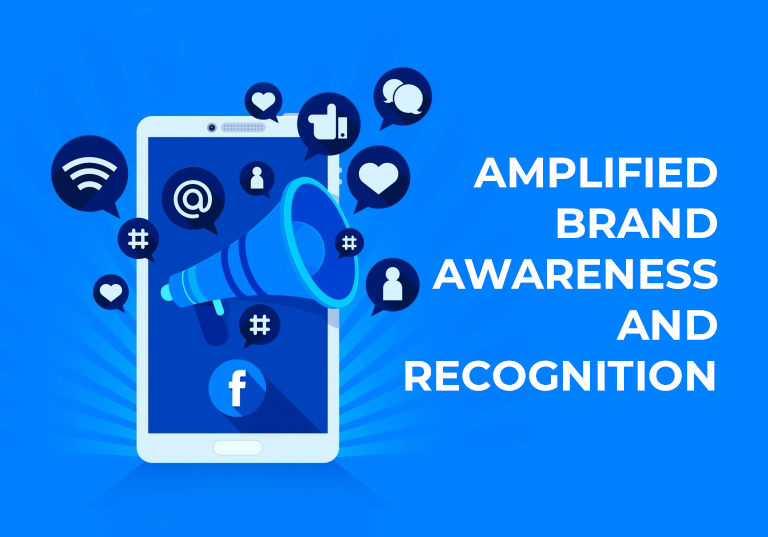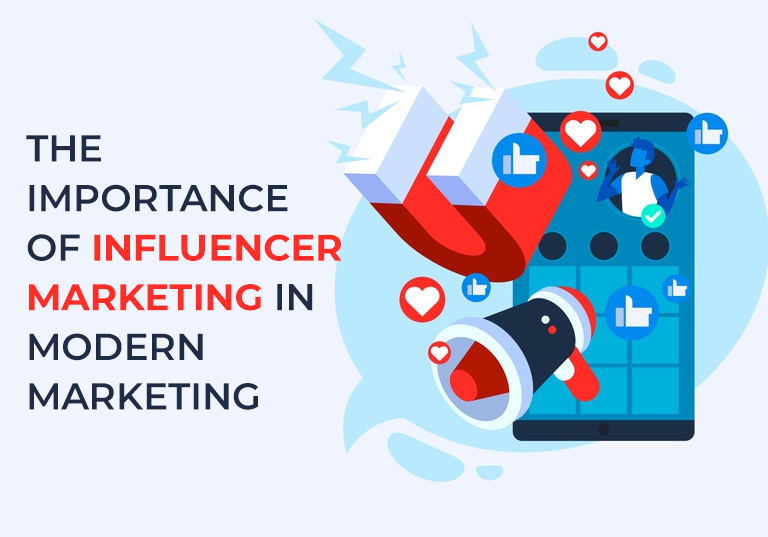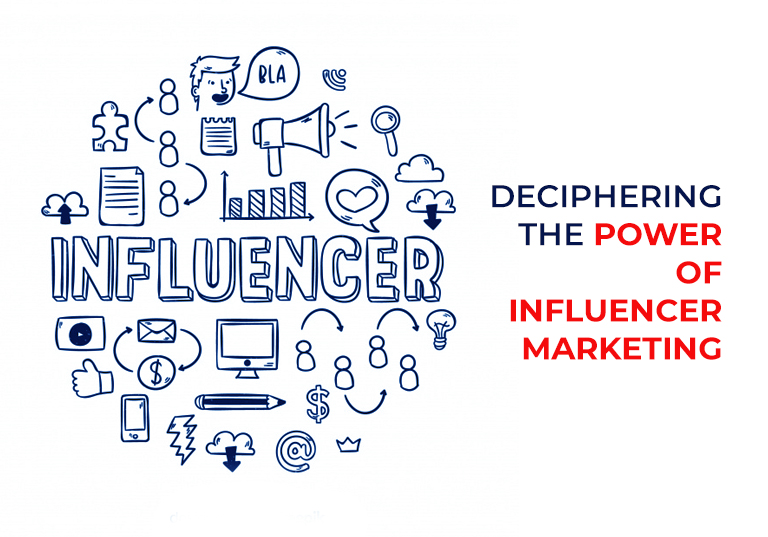Why would you put your brand’s reputation in the hands of amateurs ?
Why would you give up total creative control over your own stuff ?
You know, you can’t measure any of the results, right ?
Have you faced any of these questions yet? If not, then then the biggest reason might be that you are not exploring the world of influencer marketing. These questions (or criticisms to be precise) are often fired at marketers who opt for influencer marketing…. by marketing experts of all people!
But don’t fall for these misconceptions about this form of marketing which is just looked down upon as a ‘fad’ by a lot of people.
Join me as I try to debunk the top 6 influencer marketing myths:
MYTH #1: Why follow the influencer marketing trend when the old techniques work just fine
If you are a seasoned marketer, then you are well aware of what marketing techniques work best for a brand. In fact, it almost becomes an intuition for veterans in the field. According to many experts, there’s no reason to jump on the influencer marketing bandwagon when traditional techniques are working.
The truth is even if your current strategy is working, including an influencer’s touch in your marketing mix ALWAYS pays off.
You could stick to your brand’s social media channels if you are confident enough that you can address your audience just fine without an influencer.
But remember the one thing influencers are experts at – creating hype.
Once you create hype about your product through influencer marketing, all you need to do is brace yourself for an avalanche of conversions.
It’s a statistical fact that influencer marketing content outperforms brand-generated content.

MYTH #2: Influencers are media amateurs and working with them is unprofessional
One of the more common criticism is that influencer marketing always comes with a loss of control because you pass the power over your advertising content on to someone who is not a media expert. But the myth that spending your budget on a non-professional doesn’t pay off needs to be taken down.
The truth is influencers have capabilities normal marketers lack, which surprisingly can be credited to the fact that influencers are not marketing professionals. Their expertise lies in knowing exactly what content works best for their audience. It only makes sense that brands hire them to produce content for them.
MYTH #3: Fake influencers are unavoidable
Influencers rank among the most trusted sources when it comes to product or service recommendations. This is basically the digital version of word-of-mouth advertising and the success of influencer marketing is based on authenticity. But another criticism directed against it is that it’s easy to fall victim to fake influencers with fake numbers of followers.
The misconception here is that there is no way of detecting fakes. Now let’s handwave this myth away.
The benefits of influencer marketing far outweigh the fraud that plagues the industry.
It’s actually easier to trace fake followers and bot-driven engagements through Influencer marketing platforms. This way you can ensure that the effectiveness of your marketing campaign is not tarnished.
There are certain metrics you should focus on such as:
1.Follower growth
2.Follower quality
3.Likes-to-followers ratio
These could give you an idea regarding the influencer’s authenticity.

MYTH #4: Greater the reach, the better
One of the top challenges for 50% of marketers is finding the right influencer to collaborate with. The most frequently upheld metric for choosing an influencer is REACH! But the truth is, it’s not the best metric to consider.
It’s not about reach, it’s about finding the perfect match for your brand using several criteria, including:
1.Location
2.Age
3.Gender
4.Industry
There’s absolutely no point in picking a fashion influencer to promote your food brand, regardless of how big that influencer’s reach is.
MYTH #5: B2B brands cannot do influencer marketing
Consumer brands may have been among the first to embrace influencer marketing, but this approach can boost almost every brand’s product or service. The idea that influencer marketing is only beneficial for B2C brands is just another myth.
- Authenticity
- Accessibility
- Sympathy
These are the three features that influencers showcase when working with B2C brands. On the other hand, B2B brands can benefit primarily from influencers who are experts in their niche. In other words, B2B brands should opt for key opinion leaders.
Remember, customers tend to select products/services based on rational arguments. The truth is that influencer marketing is perceived as more trustworthy than traditional advertising here.

MYTH #6: The effectiveness of influencer marketing can’t be measured
According to the critics, measuring the effectiveness of influencer marketing is the biggest challenge of the industry. This has led to a vast majority of marketers to demand improvement in this regard.
On the contrary, Influencer marketing is actually quite easy to measure.
The world of digital media is highly measurable and what marketers should do is to set metrics based on your influencer marketing goals such as:
- Reach
- Engagement
- Traffic
- Conversion
All you have to do is track these metrics using influencer marketing platforms, and reorient your campaigns based on the results.
IN CONCLUSION, The field of influencer marketing continues to expand but the misconceptions about the industry persist and can hold brands back from achieving success. It’s time to bust these myths so that brands can integrate influencer marketing fully into their strategy without unfounded worries.

